HIV Self-Testing Programs
HIV Self-Testing (HIVST) programs are a public health strategy that enables the Centers for Disease Control and Prevention’s (CDC’s) funded community-based organizations (CBOs) and health departments to provide follow-up and linkage-to-treatment/prevention resources for people who self-test for HIV infection in their homes or another private location. HIVST programs, using U.S. Food and Drug Administration-approved self-testing modalities, can supplement the HIV prevention efforts of health departments and CBOs.
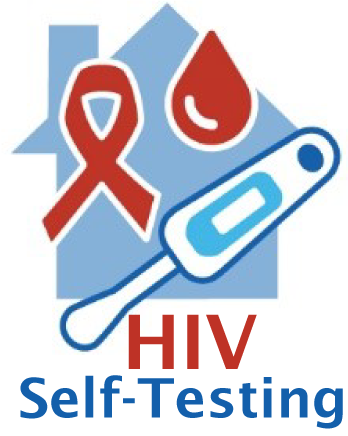
About HIV Self-Testing Programs
HIVST programs are a way to reach more people who have HIV but are not yet diagnosed and represent a step forward to empowering individuals, diagnosing hard-to-reach populations earlier before they become sick, and bringing linkage-to-care services closer to populations where traditional testing locations are not easily accessible. While HIV self-tests are available for retail purchase by consumers, the CDC encourages health departments and CBOs to consider HIVST programs as an additional testing strategy to reach persons most affected by HIV.
There are two types of HIV self-testing modalities that people can use as part of an HIVST program:
- A Rapid Self-Test is done entirely at home or in another private location. You can buy OraQuick, the only FDA-approved rapid self-test kit, at a pharmacy or online. This test can provide results within 20 minutes.
- A Mail-In Self-Test includes a specimen collection kit that contains supplies to collect blood from a fingerstick at home. The dried sample is then sent to a lab for testing and the results are provided by a health care provider. Mail-in self-tests can be ordered through various online merchant sites. Your health care provider can also order a mail-in self-test for you.
HIV Self-Testing Training
Learning Objectives
- Explain the intent of HIV self-testing as an HIV prevention strategy.
- Identify two (2) advantages of HIV self-testing for programs.
- Identify two (2) challenges of HIV self-testing for programs.
- Identify the key considerations for developing a framework for your HIV self-testing program.
- Determine strategies for engaging priority populations for HIV self-testing services.
- Identify key components of monitoring and evaluation plans for HIV self-testing programs.
This training has 1 component:
- 1-hour eLearning module
To access eLearning modules:
- Log-in to CDC TRAINand access the HIV CBA Training Plan (step-by-step instructions are available).
- Select the module you wish to take.
- Launch the module or save the module for later.
If you have questions or need additional assistance, please contact HIVCBA@cdc.gov.
Technical assistance is available for the implementation of HIVST programs is available.
To request technical assistance:
- CDC’s directly funded health department and CBO partners may request technical assistance support by submitting a request in the CBA Tracking System.
- Organizations not directly funded by CDC may contact their local health department for assistance in submitting a technical assistance request.
If you have questions or need additional assistance, please contact HIVCBA@cdc.gov.
HIV Self-Testing Program Components
Technical support for implementing HIV Self-Testing programs is available. Program components to consider when building or strengthening an HIV Self-Testing program include:
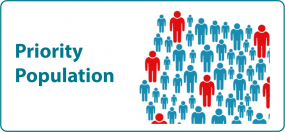
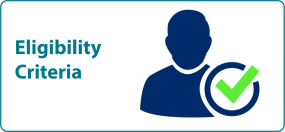
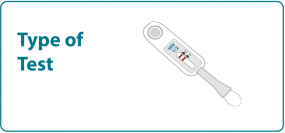
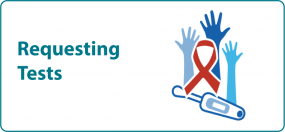
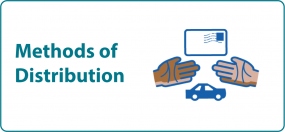
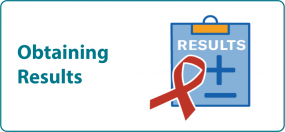
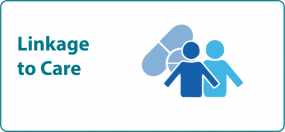
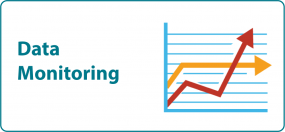
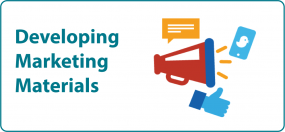
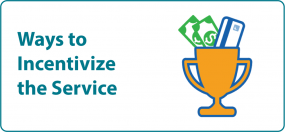
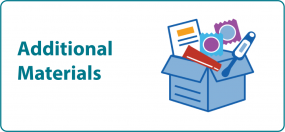
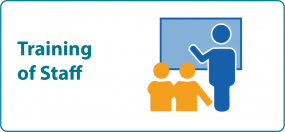
Implementation and Marketing Materials
Additional resources provided below may be helpful if you are considering offering HIVST programs:
- NASTAD HIV Self-Testing Toolkit
- CDC. HIV Self-Testing Homepage
- A Summary of HIV Self-Testing Program Models and Lessons Learned
In an effort to document HIVST program models in the United States, two capacity building assistance (CBA) providers funded by CDC, Denver Prevention Training Center and Washington University in St. Louis, contacted CDC-funded health departments and CBOs that were conducting HIVST. Between July and September 2020, the CBA providers had telephone discussions about program implementation with 42 agencies (23 state health departments and 19 CBOs) and collected HIVST standard operating procedures and training materials. Conversations covered topics such as: if/how agencies screen for eligibility; type of HIV test used; distribution methods; follow-up and linkage to prevention/care resources; data collection and management; and incentives. The two CBA providers summarized the discussions to produce this executive summary and a descriptive table. - Consumer update: First Rapid Home-Use HIV Kit Approved for Self-Testing

